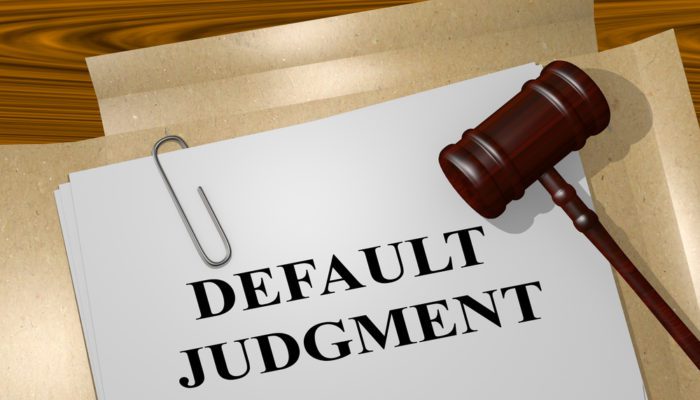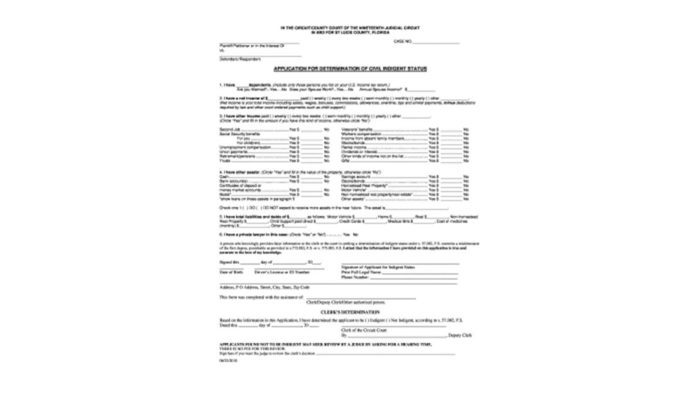When divorce and paternity litigants are negotiating a parenting plan schedule, one of the most time consuming decisions is the holiday time sharing schedule Florida. Holiday time sharing can be uniquely painful for many parents. For example, if Parent A is religious and celebrates Christmas, Chanukah, Ramadan, or Kwanzaa, Parent A will want to be with their children during that holiday every year. However, in our Florida parenting plan example, the holiday time sharing schedule Florida offers both parents shared holiday time. Within our example, the hypothetical holiday time sharing schedule is outlined for one holiday and one school break. Call the Jacobs Law Firm, Orlando child custody attorney today at 407-335-8113.
Winter Break: Parent A shall have holiday time sharing with the children from the end of school at 3:30 P.M. until Christmas morning on odd years at 9:30 A.M. Parent B shall have holiday time sharing with the children from Christmas morning starting at 9:30 A.M. until New Year’s Eve at 4:00 P.M. on odd years. This schedule will be reversed on even years with Parent B having holiday time sharing with the children from the end of school at 3:30 P.M. until Christmas morning at 9:30 A.M. and Parent A having time sharing with the children from Christmas morning until New Year’s Eve at 4:00 P.M. on odd years.
Spring Break: During odd years, Parent A shall have time sharing with the minor children from the end of school on Friday at 3:30 P.M. until the following Wednesday at 9:00 A.M. Parent B shall have time sharing with the minor children from Wednesday at dinner time (6:00 P.M.) until Sunday night before school resumes for the following week. The schedule shall be reversed on even years. This is just one configuration of a Florida parenting plan example and should be used for reference only.
Holiday Time Sharing Schedule Florida
Do you see how in our Florida parenting plan example, the holiday time sharing schedule Florida works by allowing both parents holiday time sharing on an equal basis? This really is upsetting to a lot of people. Nobody wants to be without their family during the holidays, but shared parenting plans allow for each parent and their respective family(ies) to have equal time with their children on special occasions.
Can the Petitioner and/or the Respondent work out a schedule that better respects their family and religious wishes? Of course, the parties may design a parenting plan that best suits their mutually exclusive needs and wishes. Our Florida parenting plan example is one of hundreds or even thousands of hypothetical holiday time sharing schedules that can be made in Florida.
Florida Parenting Plan Example
In offering a hypothetical Florida parenting plan example our goal is to shine the spotlight on three primary issues you may face in a divorce or paternity suit: 1. Sharing the kids for the holidays or missing your loved ones for the whole special time is difficult. 2. A holiday time sharing schedule Florida is not a one-size-fits-all proposition. 3. Parents are encouraged to think both about their needs and the best interest of their children, particularly when the holidays and families are involved.













